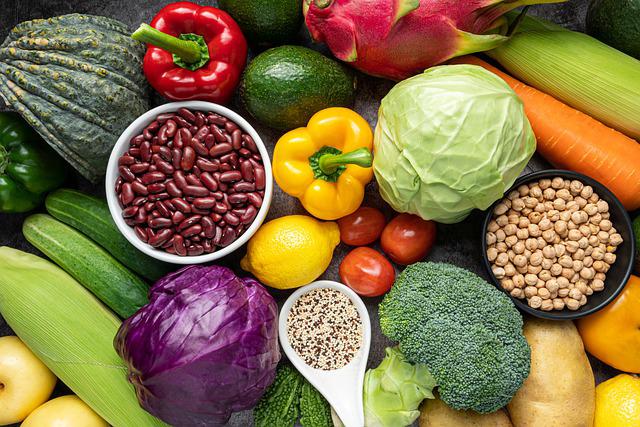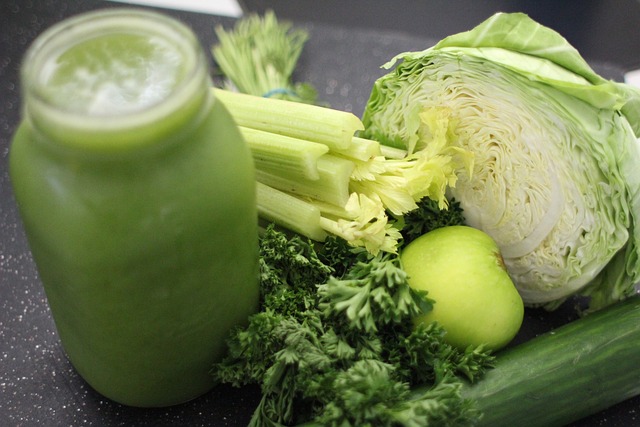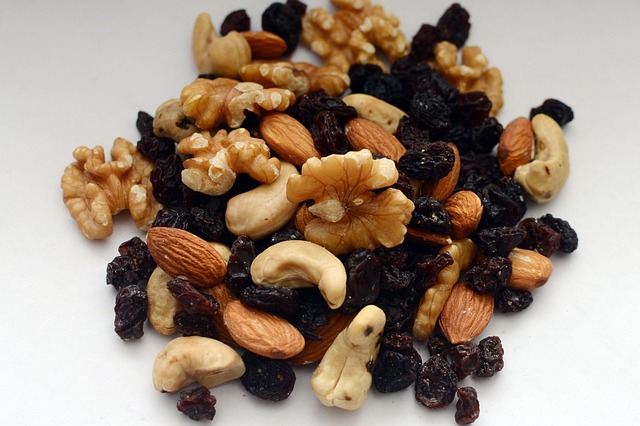As winter blankets the world in its chilly embrace, the importance of a balanced and nourishing diet becomes paramount for maintaining overall health and well-being. The colder temperatures and reduced daylight hours call for a mindful selection of foods that not only provide warmth but also deliver essential nutrients to support our immune system, energy levels, and overall vitality. Let’s explore a diverse range of foods that can contribute to your winter wellness journey.
Colorful Winter Vegetables
Incorporating a variety of colorful winter vegetables into your diet is a fundamental step towards ensuring a broad spectrum of nutrients. Vegetables like sweet potatoes, Brussels sprouts, and cauliflower are not only rich in vitamins and minerals but also provide fiber for digestive health. Roast or steam them to preserve their nutritional value and enhance their natural flavors.

Immune-Boosting Citrus Fruits
Citrus fruits shine as winter heroes, offering a powerful dose of vitamin C to bolster your immune system. Oranges, grapefruits, and mandarins are not only delicious but also provide antioxidants that combat winter-related illnesses. Include these fruits in your daily intake as snacks, in salads, or as fresh juices to promote overall health.

Omega-3-Rich Fatty Fish
Maintaining a balance of omega-3 fatty acids is crucial for heart health and combating inflammation. Fatty fish such as salmon, trout, and mackerel are excellent sources of these essential fats. Including them in your winter meals not only contributes to overall health but also adds a delicious and nutritious element to your diet.
Fiber-Packed Whole Grains
Whole grains like quinoa, brown rice, and oats offer a hearty and satisfying addition to winter meals. These grains provide complex carbohydrates and fiber, promoting digestive health and sustained energy levels. Opt for whole grains in your soups, stews, or as a base for warming winter bowls.
Winter Greens for Vitamin Richness
Dark leafy greens, including kale, spinach, and Swiss chard, are nutritional powerhouses that should find a place on your winter plate. Packed with vitamins A and K, as well as iron and calcium, these greens support immune function and bone health. Incorporate them into salads, soups, or sautés for a nutrient-rich boost.

Nutrient-Dense Nuts and Seeds
Nuts and seeds are convenient and nutritious additions to your winter diet. Almonds, walnuts, chia seeds, and flaxseeds offer healthy fats, protein, and essential minerals. Snack on a handful of nuts or sprinkle seeds on your morning yogurt to enhance your overall nutrient intake.

Hydrating Herbal Teas
Maintaining proper hydration is essential even during the colder months. Replace sugary beverages with hydrating herbal teas to maintain overall health. Teas like chamomile, peppermint, and ginger not only keep you warm but also provide additional health benefits, from aiding digestion to soothing the senses.
Conclusion
Embracing a winter diet that prioritizes nutrient-dense foods is key to maintaining overall health and well-being. By incorporating a colorful array of winter vegetables, immune-boosting citrus fruits, omega-3-rich fatty fish, fiber-packed whole grains, vitamin-rich winter greens, nutrient-dense nuts and seeds, and hydrating herbal teas, you provide your body with the essential elements it needs to thrive during the winter season. Make these wholesome choices, and you’ll find yourself not only enjoying the delights of winter cuisine but also nurturing your body for optimal health













